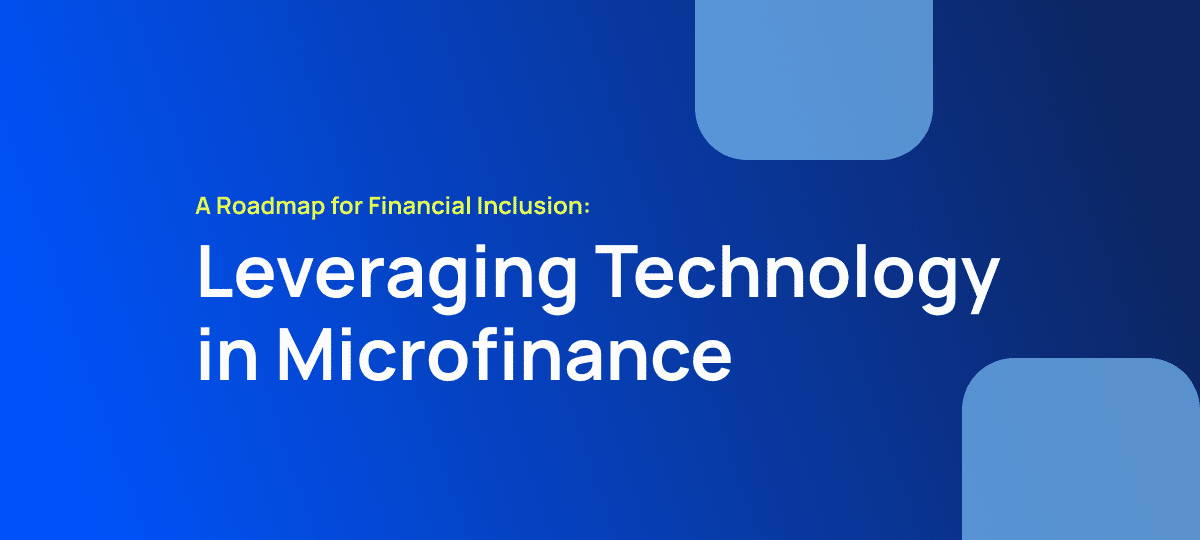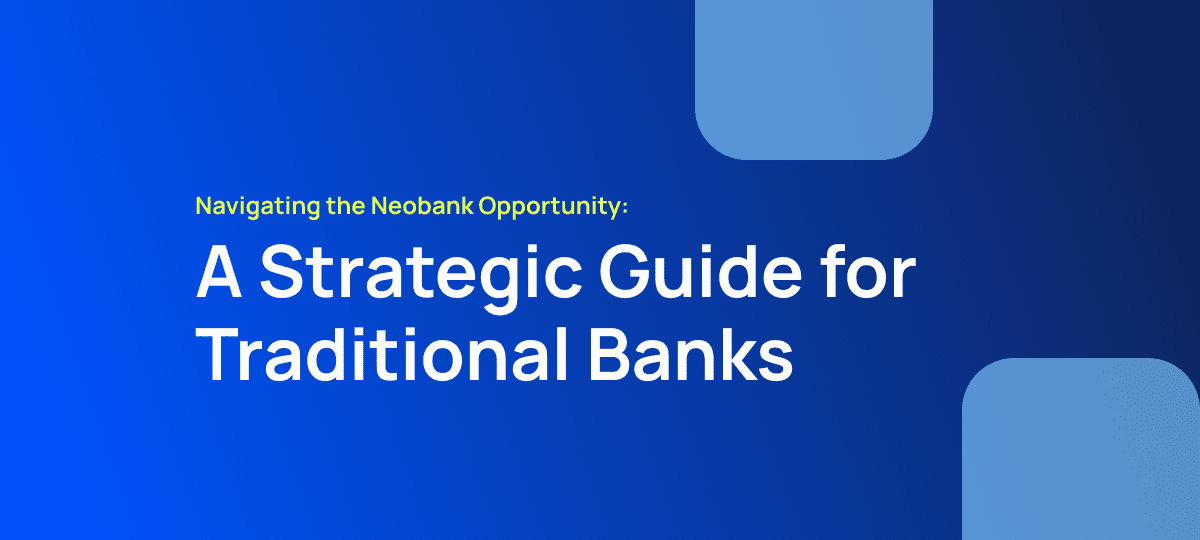Strategies for Growth and Innovation in Microfinance: Key Takeaways from Our June Webinar

Microfinance plays a pivotal role in advancing financial inclusion, particularly for organizations and individuals underserved by traditional banking systems.
Our recent webinar, “The Future of Microfinance: Strategies for Growth and Innovation,” brought together experts from Natech Banking Solutions, Finance in Motion, and Patria Credit IFN to discuss critical trends and strategies shaping the Microfinance sector, with a focus on digitalization, funding, and technological advancements.
This article highlights the key takeaways from this insightful session.
The Role of Microfinance in Financial Inclusion
Microfinance is essential for promoting financial inclusion, especially in underserved regions. The integration of digital financial services has greatly enhanced accessibility, reduced costs, and increased service efficiency, making it easier for people to access financial products and services.
As Nadejda Strelciuc, Investment Manager at Finance in Motion, noted:
“Microfinance plays a crucial role in promoting financial inclusion, bridging the gap between the formal banking system and clients excluded due to low income, limited collateral, or remote geographical areas.”
Challenges in the Microfinance Sector
High operating expenses, especially in rural areas, strain resources and limit service reach.
Securing sufficient funding and investment is also crucial for Microfinance Institutions (MFIs) to upgrade IT systems and offer modern digital products.
Comprehensive measures, including online KYC checks, digital client onboarding, and digital loan agreement signing, are necessary to meet regulatory standards.
Bridging the Microfinance Funding Gap
The funding gap in the Microfinance sector remains substantial at a global level. However, the gap is starting to decrease as more entrepreneurs seek funding, benefiting local economies. How can the funding gap be addressed?
Improving financial literacy:
MFIs should implement additional financial educational trainings and awareness campaigns to educate their targeted clients. This approach ensures that clients fully understand the financial products available to them, thereby fostering trust and more informed decision-making.
Additionally, Bogdan Merfea, Board Member at Patria BANK and Chairman of the Board, Patria Credit IFN, stressed the overall importance of balancing digital and physical interactions to build trust:
“You need to find the right balance.”
Accelerating digital transformation:
Digital transformation is crucial for operational efficiency. As Nadejda Strelciuc highlighted:
“MFIs have embarked on a digital transformation that has increased accessibility, reduced costs, and improved efficiency. If you don’t invest in your internal processes, you will not be efficient in the long run.”
Bernd Wendeln, Chief Commercial Officer at Natech Banking Solutions, also highlighted the need to optimally blend digital and physical touchpoints while keeping the importance of human interaction in mind, emphasizing:
“People like to buy from people. Trust is key, especially in Finance.”
Streamlining loan processes with technology:
Digital technology enhances the loan process for MFIs by improving origination, approval, and collection. It facilitates efficient data collection and scoring systems, shortening loan approval times. This digital approach leads to continuous improvement and higher customer satisfaction.
As Bogdan Merfea concluded:
“Time to yes is very crucial. At the end of the day, it’s all about customer satisfaction.”
The role of Artificial Intelligence (AI):
AI enhances operational efficiency and customer satisfaction by helping MFIs understand and segment their customers better. As Bogdan Merfea noted:
“AI can process vast amounts of data and create profiles that help MFIs deliver more personalized services.”
Benrnd Wendeln added:
“AI can significantly streamline the loan approval process.”
Overcoming technical challenges:
Implementing new digital solutions often faces challenges due to legacy systems. A gradual, step-by-step approach is essential.
Nadejda Strelciuc mentioned the importance of upgrading internal systems to ensure they can communicate with new digital platforms.
“MFIs need to invest in their internal processes to remain relevant and efficient.”
A step-by-step approach to digitization is essential to avoid disrupting existing processes. Bernd Wendeln emphasized a composable approach, stating:
“By implementing modular solutions, MFIs can tackle technical challenges incrementally. For example, at Natech Banking Solutions we have a very clear modular approach. You don’t have to buy all end-to-end. You can have different modules. You can then link with your existing IT infrastructure and then also the physical touchpoints we have mentioned before.”
Solutions for youth unemployment and entrepreneurship:
To address high youth unemployment and low entrepreneurship rates, Bogdan Merfea suggested the use of guarantee schemes to support vulnerable populations.
Nadejda Strelciuc echoed this sentiment, emphasizing that MFIs with access to these schemes can extend their reach to more entrepreneurs, especially in rural areas.
Conclusions & Next Steps
The webinar provided valuable insights into the future landscape of microfinance, emphasizing the transformative impact of digitization, innovative funding solutions, operational efficiency, and financial literacy. The consensus among experts was clear: by embracing these strategies, MFIs can enhance their services, promote broader financial inclusion, and drive economic empowerment globally.
For a deeper dive into the discussions and comprehensive strategies outlined in the webinar, please register to access the full recording.












